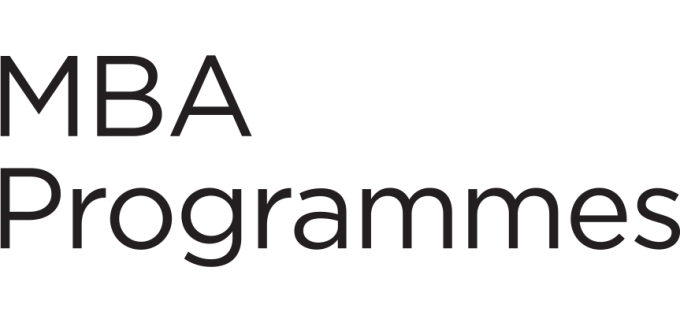Knowledge Exchange
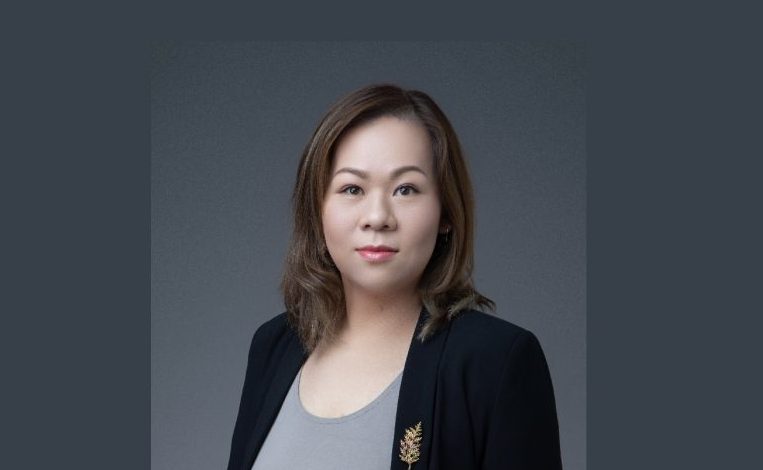
The basic principles for successful project management
Project management is the process of leading the work of a team to achieve all project goals within given constraints. Vincci Mok, current student of the HKU MBA programme, is an experienced project manager with a history of working in the construction industry. With her expertise she has successfully transferred her knowledge from construction to software IT. Additionally, she has been rewarded with a leadership role within her organisation. Let’s meet Vincci to go through her excellent learning and development journey across her career and study.
1. HKU MBA: Thank you for taking your time for this interview Vincci. Can you please introduce your job?
Vincci Mok: I am the General Manager (GM) of Scenario. We are an IT consultancy, providing SaaS Cloud Project Management Information System (PMIS) for construction and engineering projects worldwide. Digital transformation helps our clients to improve their business processes and project management effectively and efficiently. With a data driven approach we can analyse and produce comprehensive reports and dashboards for our clients to achieve faster decision making.
I oversee all on-going projects, client services and business development in the Hong Kong, Macau and China region. The projects I am currently managing in Hong Kong include 2 Murray Road in Central which is a project by Henderson Land and the Central Kowloon Route Tunnel by the Highways Department. Other clients include CLP, Paul Y Engineering and Bouygues Travaux Publics.
2. HKU MBA: You’ve successfully changed industry from the construction industry to IT software industry. Many MBA students and graduates aspire to change their industry or job function, could you please share your successful story?
Vincci Mok: I had a very limited knowledge in IT consulting coming from a construction background; computing coding, data analysis and data security were all new to me. However you can learn new knowledge and industry experience on the job, what’s more important are the transferable skills you can bring across. My top three transferable skills I could bring across were:
- Effective communication skills: Listening and presentation skills are of equal importance. Being able to actively listen to others and to provide positive and constructive feedback to internal and external stakeholders bring values to the company (so make sure you highlight this in your next job interview).
- Taking the initiative: Employers like candidates who are willing to take the next step and go beyond their roles. Small things such as a follow up phone call with a client or being prepared for the next step in advance can lead to a good result. How often do you talk to your LinkedIn connections? I found that many people like adding random connections to their LinkedIn just to bump up the numbers. Remember, the quality of connections are more important than the quantity. Next time you add someone, send them a personalised message and start a conversation rather than adding people for no reason. You’ll never know what this opportunity may bring so be proactive!
A willingness to learn and step out of your comfort zone: Things change quickly around the world so we all need to keep an open mind to continuous learning and adaptation to change. Opportunity comes and goes and is only fit for the ones who are prepared. One of my favourite quotes from Professor Virginia Morris from the High Performing Teams class is “Don’t try. Just do it!” There is nothing worse than regretting something you didn’t do in life, it is better to trial and to fail. So go ahead, take charge of your life and do not be afraid to take risks. The sky’s the limit!
3. HKU MBA: Project management is often translated as the use of specific knowledge, skill, tools, and techniques to deliver something of value to people. What are the important elements to successful project management?
Vincci Mok: Project management is about accomplishing tasks within planned time, cost, and resource constraints. The scope may be different with each project but the steps are similar. The key to successful project management are:
- Set clear and realistic goals: Try not to keep adding new things to the scope once set as it may impact the project delivery time.
- Be flexible: As project manager you need to be prepared for any potential issues that may arise and to be able to make quick decisions and to resolve them. “Always have a plan B”.
- Ensure clear communication amongst the project team: Your team members need to fully understand their tasks and completion timelines. It is always helpful to have short and regular meetings to keep track of things and to provide feedback.
Project-end review for continuous improvement: The lesson learned from this project and how to improve processes and scalability so that you can do it better and faster next time.
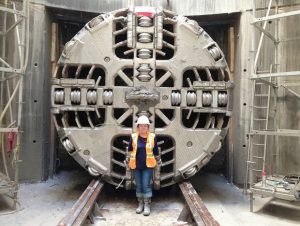
4. HKU MBA: Are there any unique or stand out projects you would like to share with us?
Vincci Mok: Certainly, one stand out project is 2 Murray Road, Central. The site of a former car park on Murray Road in Central, Hong Kong is being transformed into an iconic premium office tower. Henderson Land, a leading property developer with businesses in Hong Kong and throughout China, purchased the site for US$3 billion in 2017, reportedly setting a record at the time for the most expensive commercial transaction per square foot in the world.
Situated between the Bank of China Tower and the AIA Building the new development was designed to resemble the bud of Hong Kong’s official symbol, the Bauhinia flower. Designed by Zaha Hadid Architects, the 190 metres, 36-storey office tower will feature a glass facade made from a series of curved segments that rise to form two sets of open-air balconies filled with trees. The innovative design generates a very wide span of naturally lit column-free Grade A office space with a 5-meter floor-to-floor height for maximum flexibility. Given the size and scale of the project, managing project information including budgets, contracts, cost and forecast is a key priority.
The Murray Road development brings together a multidisciplinary team of design consultants, main contractor and subcontractors, lighting consultants, landscapers, quantity surveyors, and civil engineering. Scenario is being used by everyone involved in the project. It provides a centralised digital platform for all communications with an intuitive, user-friendly interface for an enhanced user experience.
In addition to managing the project’s communication requirements, Scenario is also providing a digital workflow for drawings, technical documents, building information modelling (BIM), submissions and transmittals, request for information (RFI), contract management and administration, quality assurance and quality control (QA/QC) and compliance requirements.
Henderson Land can rest assured knowing that by choosing Scenario, they will have a complete digital record of the project from start to finish.
“On completion we know the data Scenario provides will include the detailed history from design to the ‘as built’ handover and digital twin. Furthermore, Scenario has enabled us to meet Hong Kong’s Construction 2.0 requirements” says Ms. Yvonne Chan at Henderson Land.
Henderson Land is committed to sustainability as an integral part of their business and developments. The environmental, social and governance factors in the decision-making process helps to enhance sustainability, reduces carbon footprint, and drives business growth.
5. HKU MBA: You’ve recently achieved a promotion so congratulations! How did the MBA programme equip you to achieve this?
Vincci Mok: Thank you. The HKU MBA programme offered courses of different varieties such as Corporate Finance, Marketing Strategy, Business Ethics and Executive Leadership. If you look at these courses separately they may seem unrelated to each other, however you may find there are bits and pieces from each of these courses you can apply in your career. The question is how do we connect the dots to apply them at work?
Apart from the extensive business network we get access to through the MBA programme, the programme has taught me advanced strategic thinking skills and decision-making abilities which has allowed me to have a better understanding of how businesses operate. In addition, HKU MBA got me to think about what I truly want to do and how to advance my career in a meaningful way and not just for the money.
Just because everyone beside you is doing the same thing doesn’t mean you have to follow suit. Understanding your purpose is important. If you have made up your mind and are ready to advance to the next level of your career then go for the best MBA programme. This is why I am here sharing my story. Cheers!


